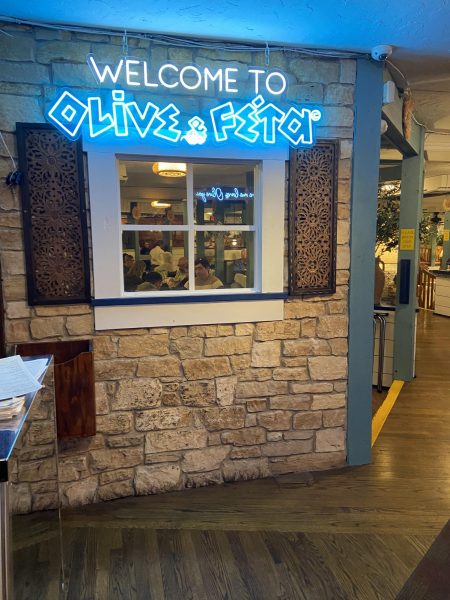Staff Editorial: Teaching Democracy
October 21, 2014
It doesn’t take a political science major to realize that the contemporary form of democracy in the United States hasn’t exactly maintained the grandeur it began with. It’s hard to miss the obvious signs of stagnation within our government: almost daily updates on the trials of fraudulent officials, the painful lack of bipartisanship within Congress and, of course, the rampant indifference and scorn most American youth direct towards our government.
It is rare that one finds an adult, let alone a teenager, who is entirely on top of contemporary American politics. If you are one of those people, hats off to you, but as for the rest of the American public, something must change.
So what, though? Why discuss national politics in a high school newspaper whose audience, for the large part, doesn’t really care? How can a high school change the political future of its student body? Rest assured, it is not that daunting of a task.
The most basic improvement that can be made to modern American democracy is the development of an educated voting population. In a time when, according to historian Rick Shenkman, only two out of five American voters can name the three branches of the federal government, it is hard to disprove our national political ignorance.
Luckily, for most students at LT and other high schools across the nation, knowledge of the federal government and its basic policy should be somewhat elementary. The global studies department offers multiple classes that teach students about contemporary, foreign and domestic government policies. Furthermore, these classes are offered across all class levels, ranging from prep to AP courses, making it difficult, but not impossible, for a student to pass through LT with no familiarity with politics. At the same time, the introduction of the voter drive to register young voters in the past two years has given LT students the opportunity to involve themselves in politics. It is clear then, that if a student wishes to learn about politics and exercise that knowledge here at LT, they are afforded that opportunity.
However, if today’s declining voter turnout rates and the laughable amount of appreciation people hold for their constitutional right to elect their representatives have proven anything, it’s that the system as it stands is not working. In an age when news and political commentary is available with the click of a button, young people should be making informed decisions with their votes, rather than relying on emotion, or simply not voting at all. While the remedy to this problem is readily available, the simple fact is that young people don’t care enough to seek it out. Thus, if we wish to improve the quality of democracy and government operation domestically and nationally, a political education class must be made mandatory in high schools throughout the country.
While all LT students are required to pass an American history class and a constitution test in order to graduate, these classes provide relatively static and unchanging information in an ever-changing world. Knowledge of the socioeconomic status of each of the original 13 colonies won’t help an 18-year-old make an informed decision in a state senatorial election. That information can come from education only when a class with a curriculum based on the contemporary changing political situation is mandatory.
In a time when the United States faces the potential threat of everything from ISIS to police brutality, the integrity of our democracy is more important than ever. And without a knowledgeable population, our government becomes nothing but a façade.





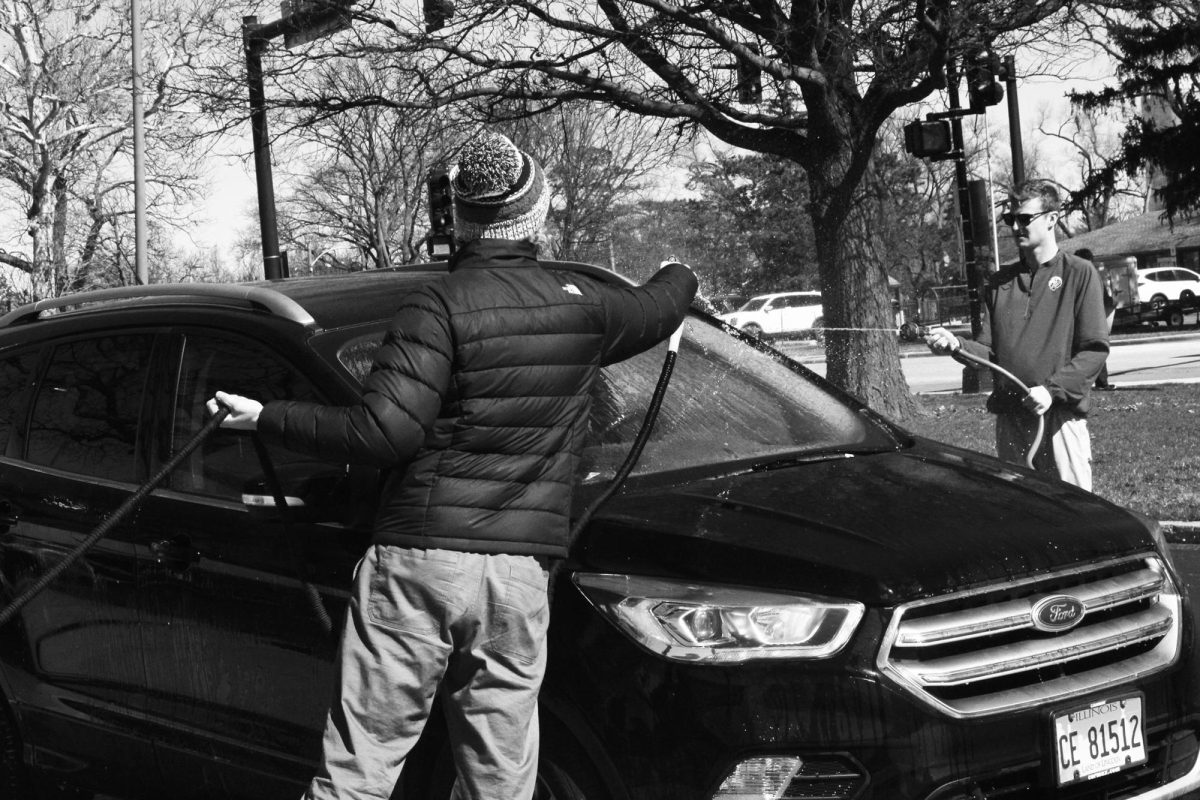

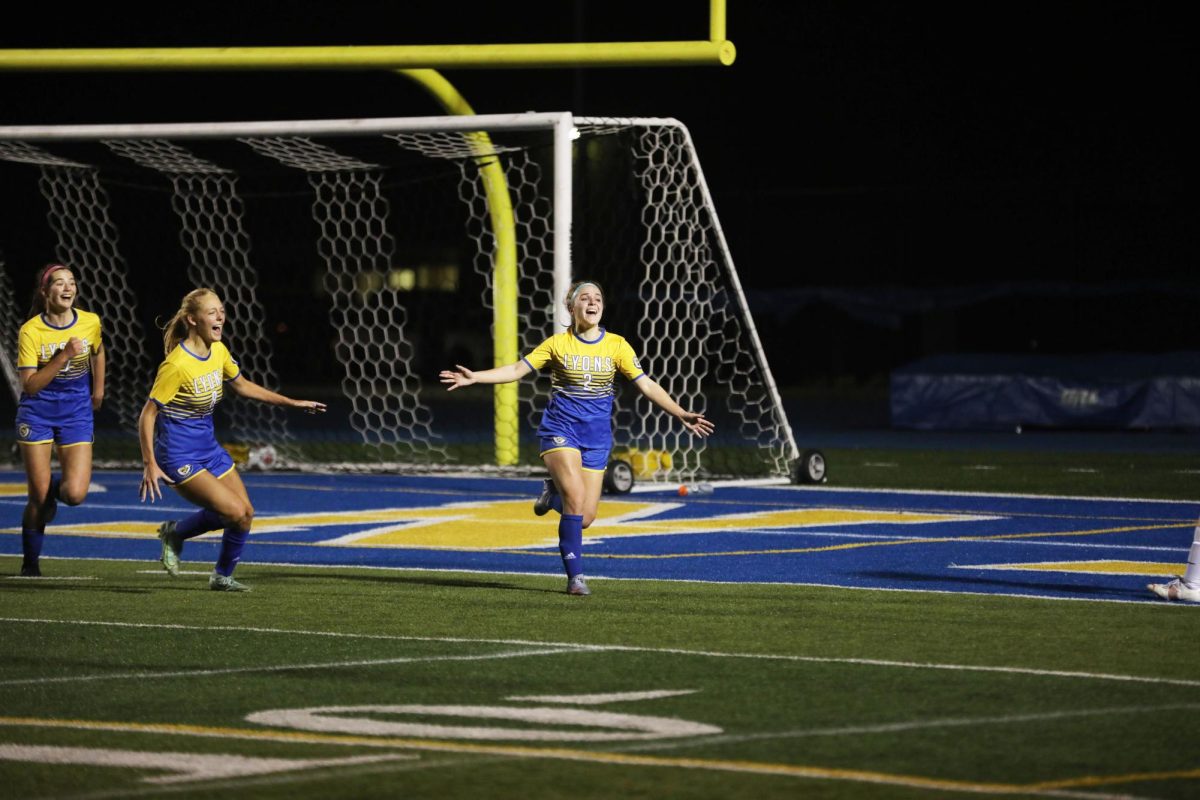

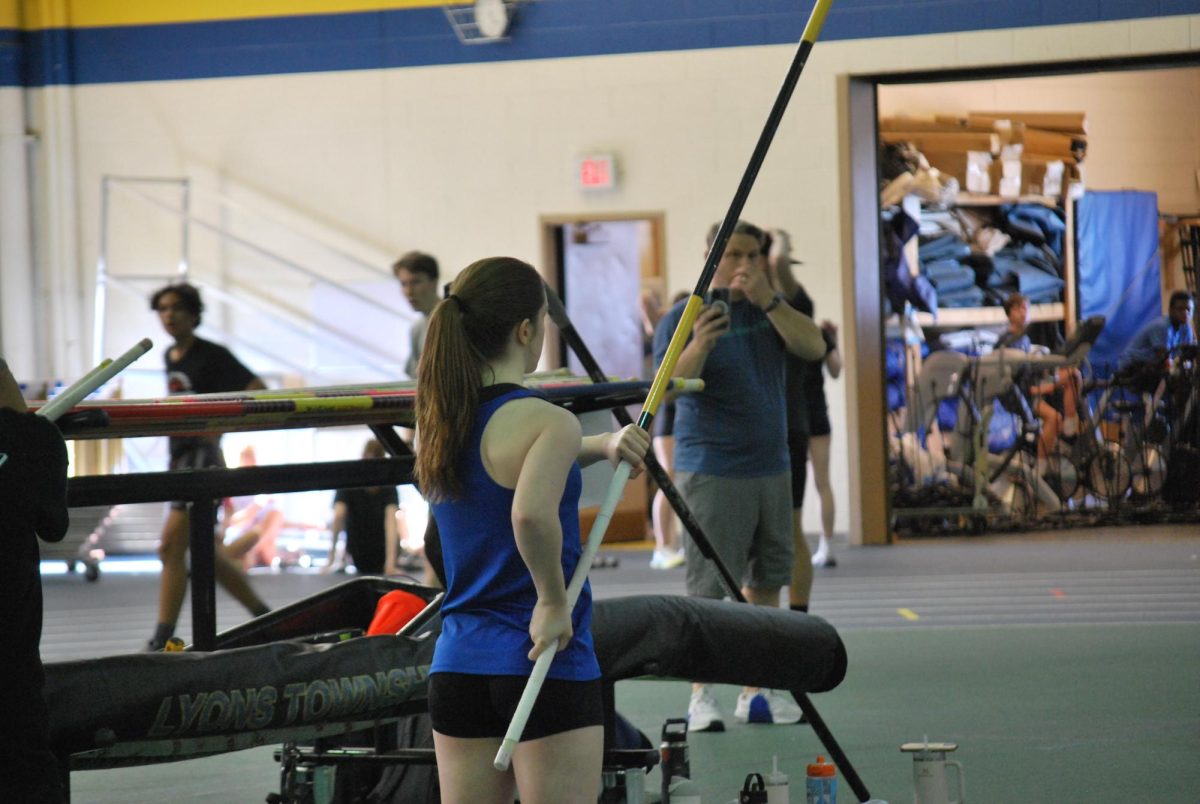
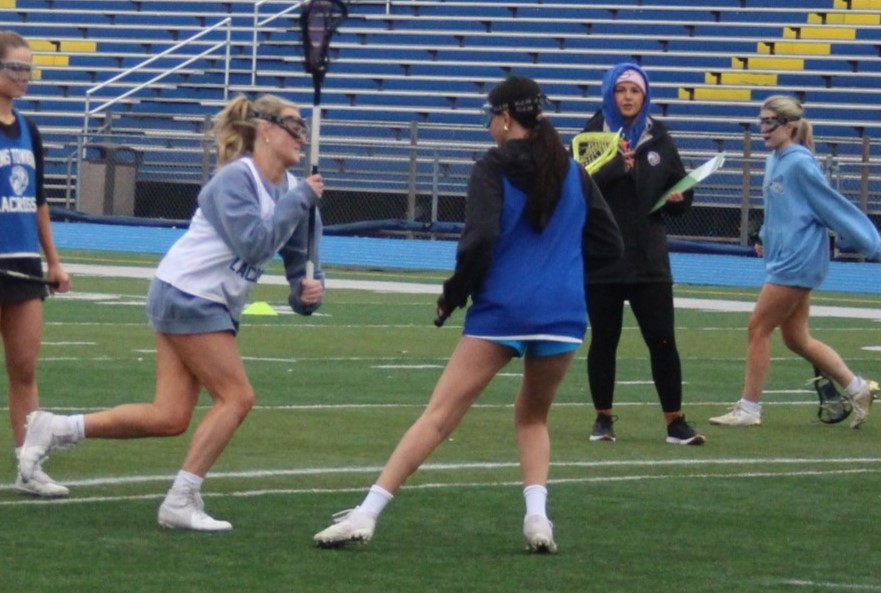
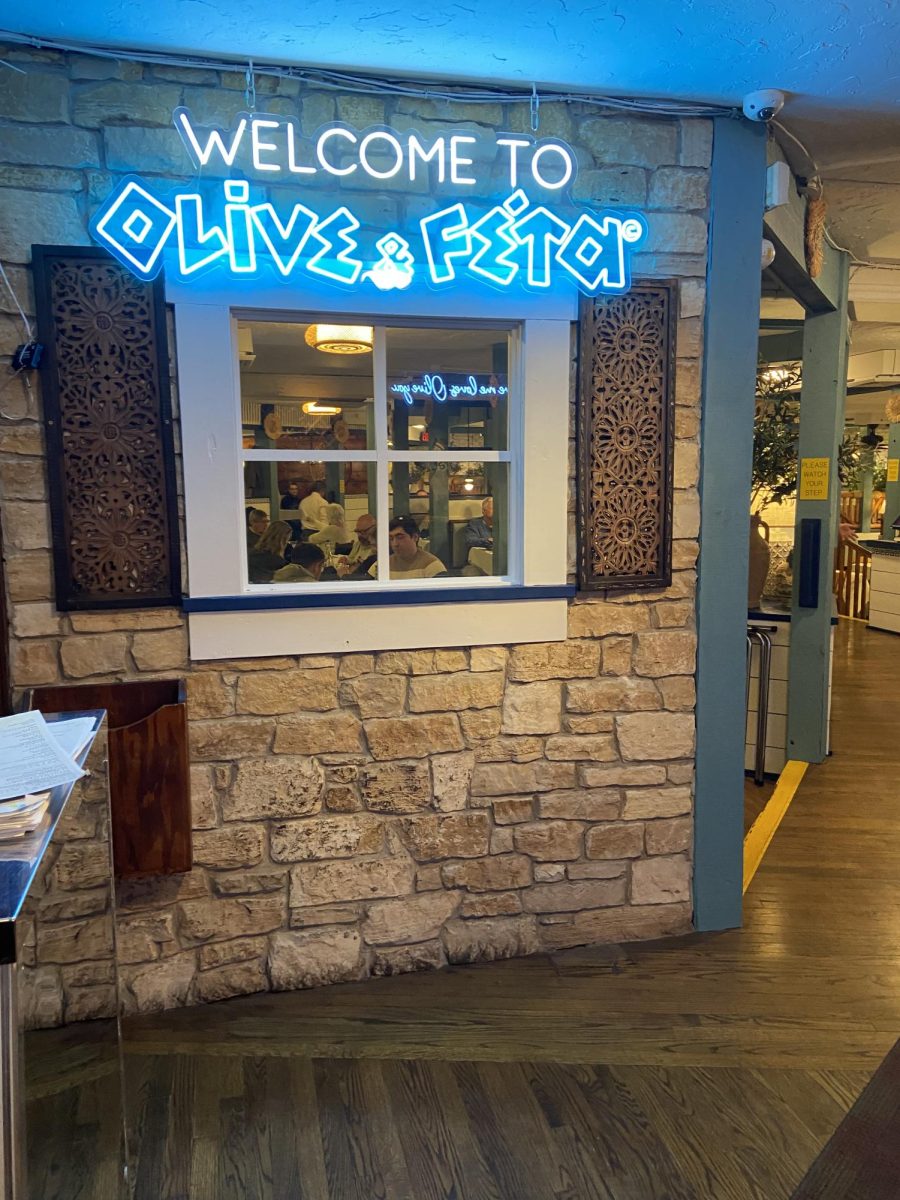






![Movie poster for [Rec] (2007).](https://www.lionnewspaper.com/wp-content/uploads/2023/04/rec-640x900.jpg)

